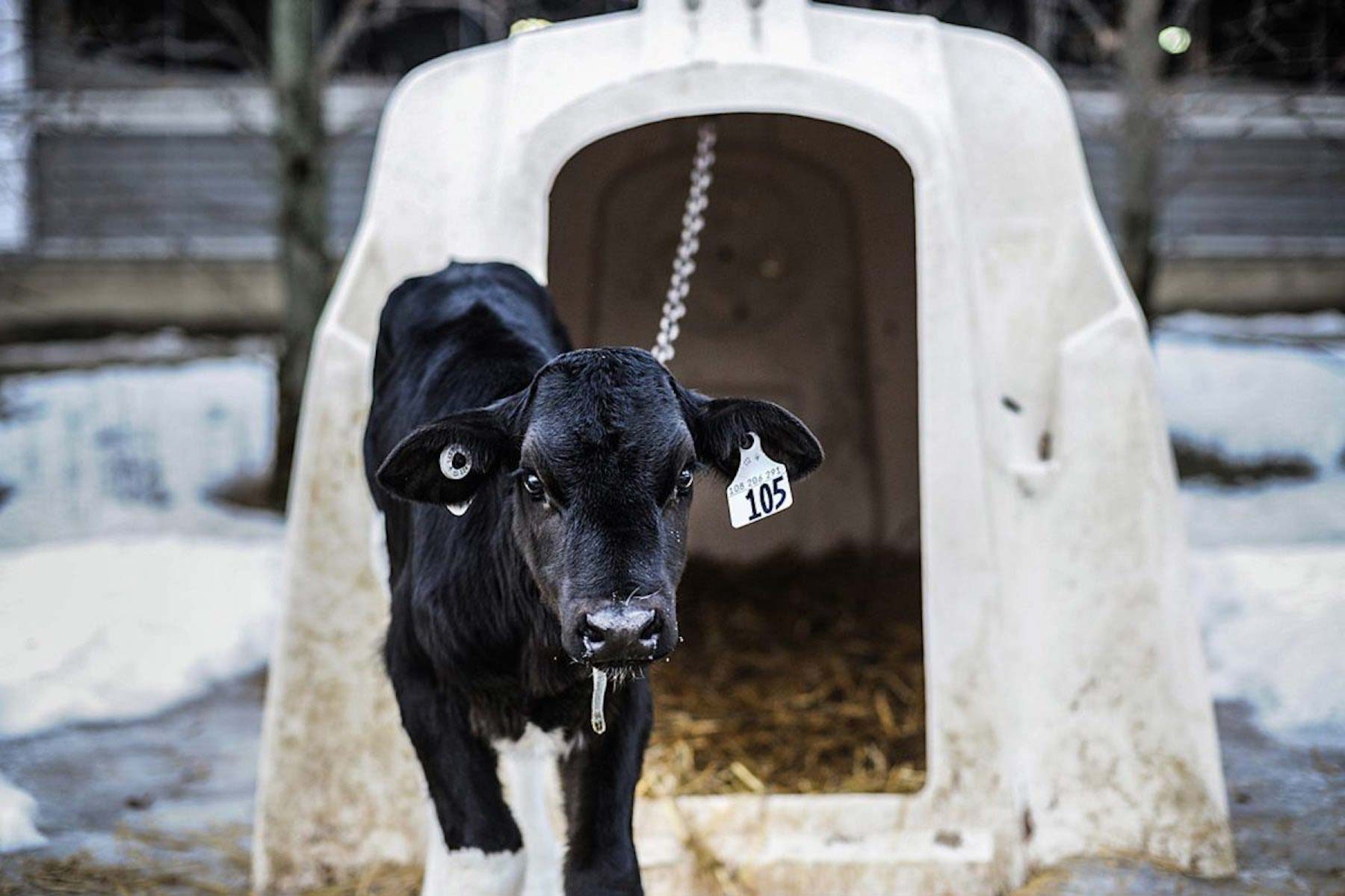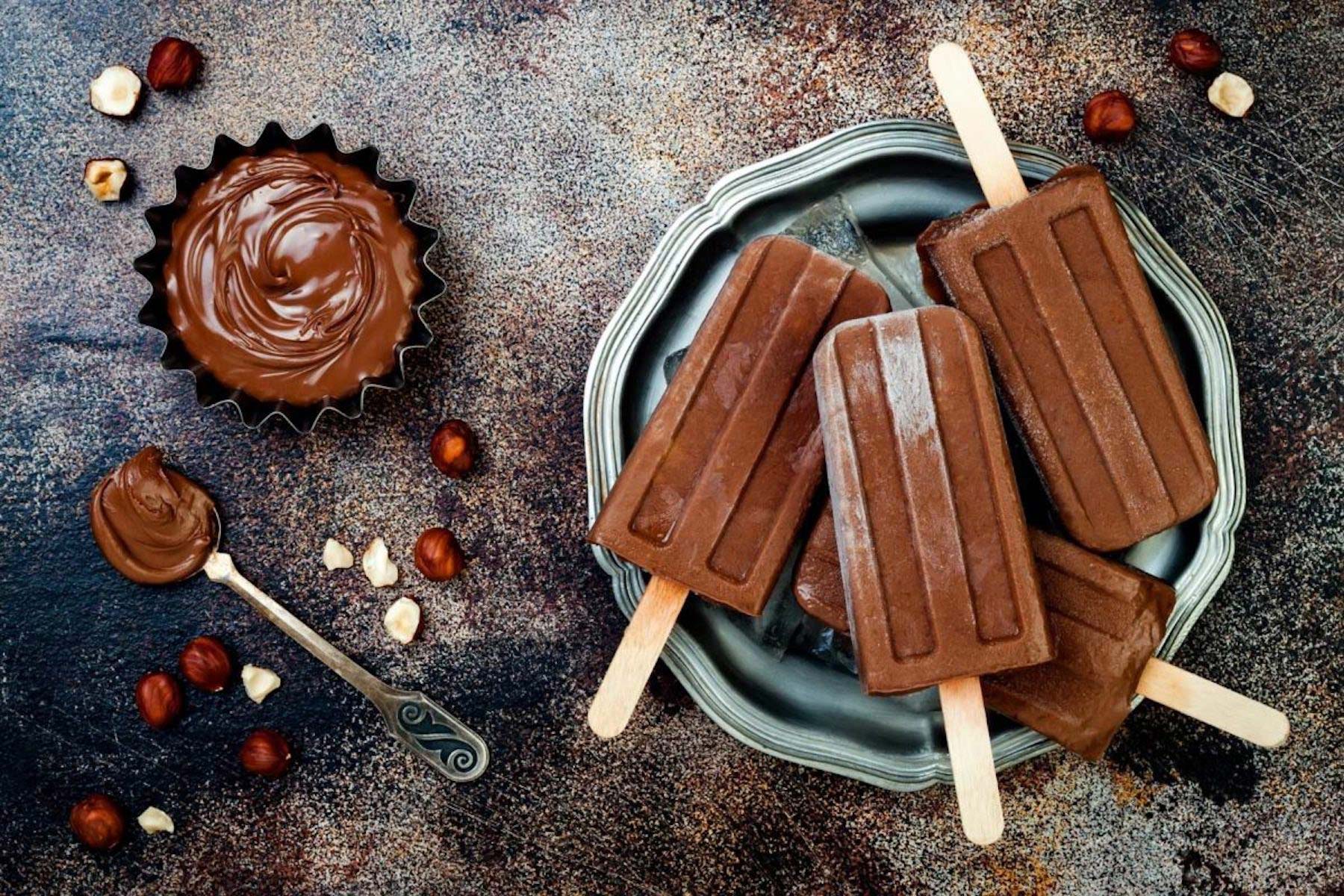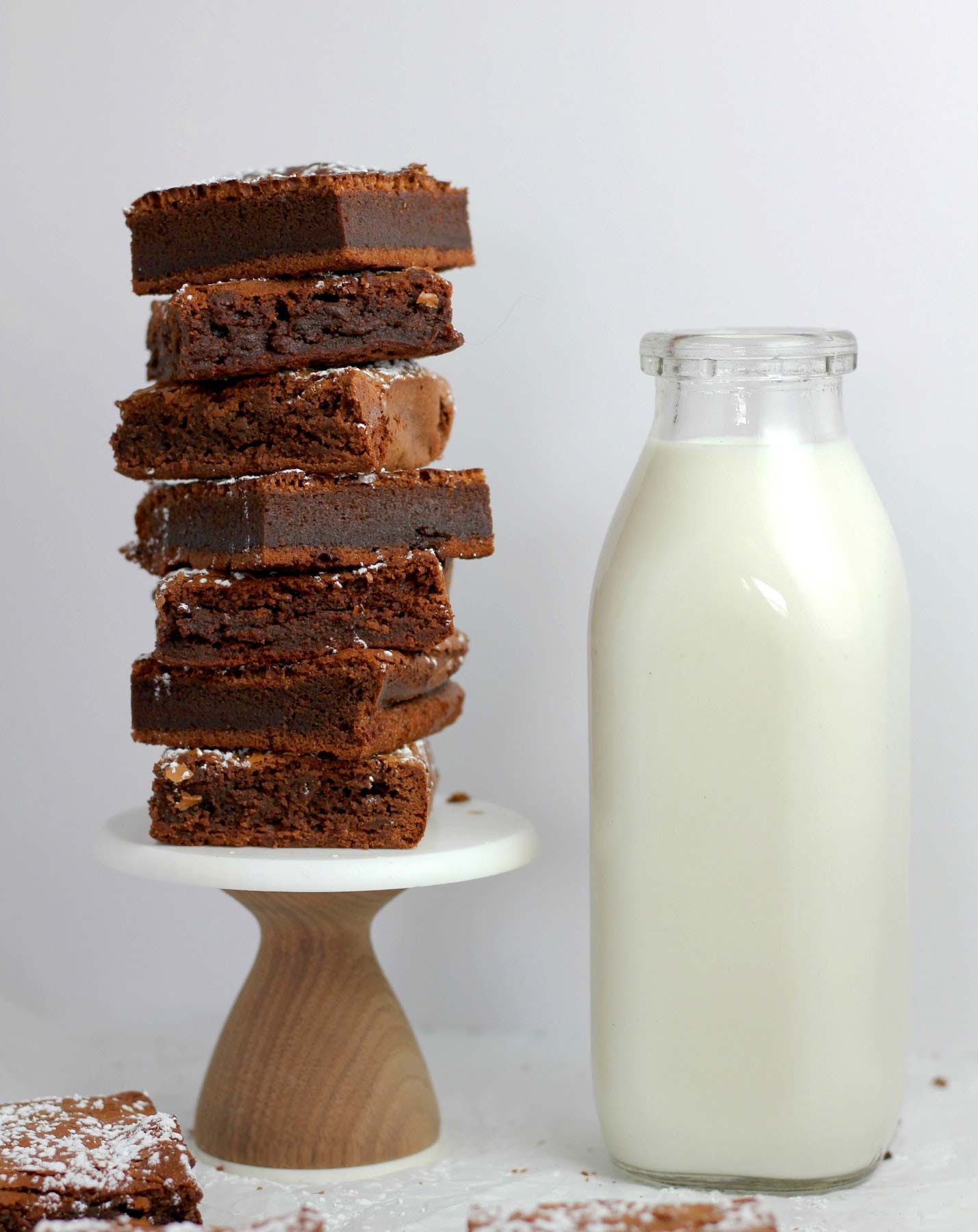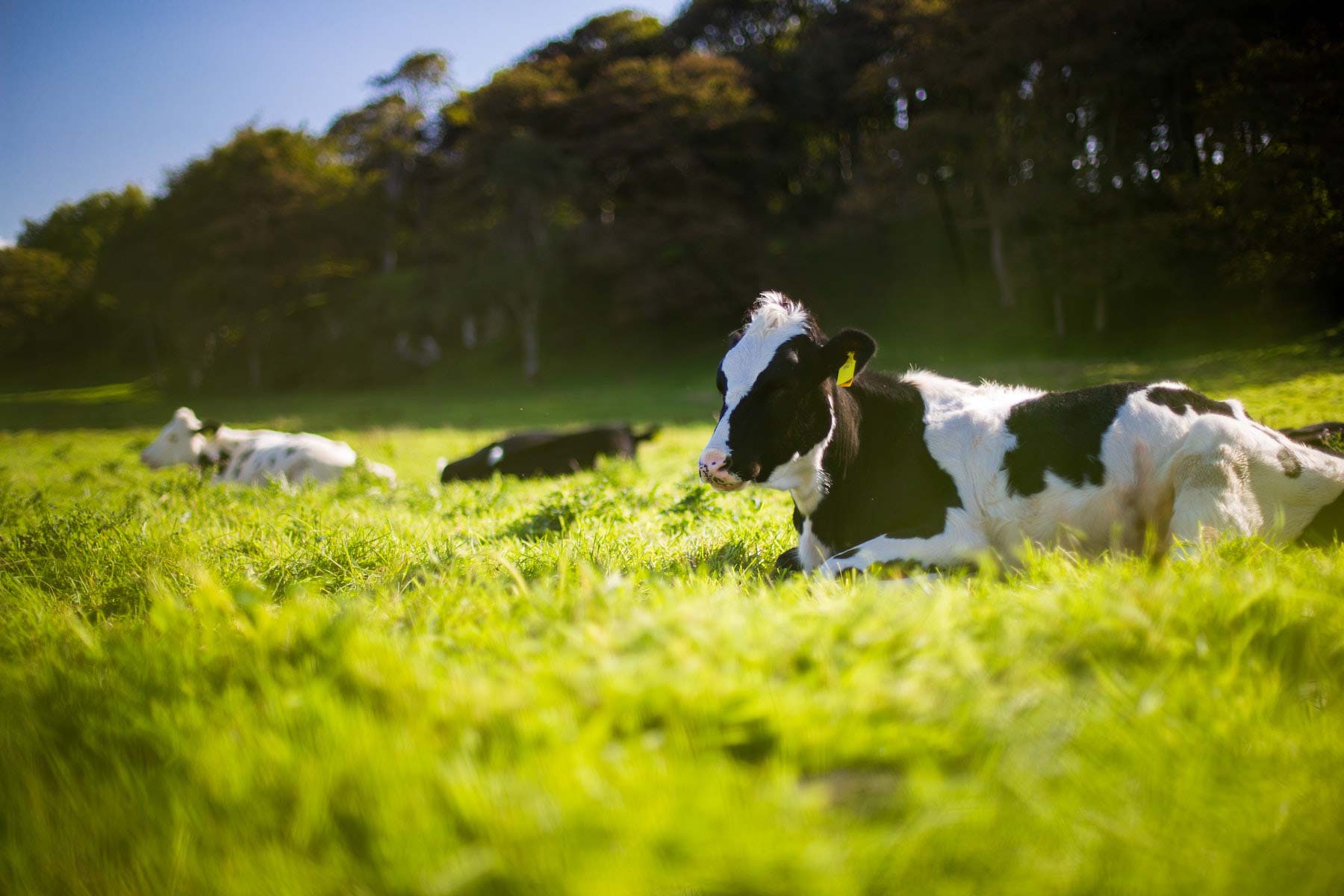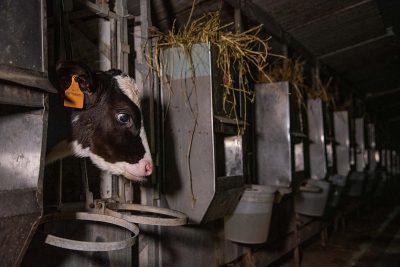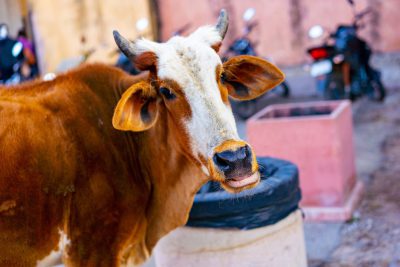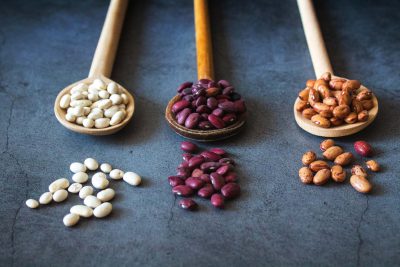Reading time: 8 minutes
Ditching dairy is a popular diet move and there is a good reason for that. Whether your health is making you question your diet choices, or you have learned of the cruelty inherent in the dairy industry, making the switch is always a positive step. And with the wide array of dairy-free options available nowadays, it’s also a simple and enjoyable one.
Why Go Dairy-free?
From avoiding cruelty to lactose intolerance, there are many good reasons to go dairy-free.
Intolerance Or Allergy
A lot of people are surprised to learn that almost all the world’s adult population cannot digest lactose, the sugars found in milk. In black communities, intolerance is around 70%, and in Asian communities it is almost 100%! Many people suffer bloating, stomach cramps and diarrhea and have no idea it is lactose intolerance causing their symptoms. Thanks to the dairy industry’s smoke-and-mirrors marketing, framing dairy as a healthy super food, people often don’t question that dairy may be the product causing their illness.
The one surefire way to stop these unpleasant symptoms is to switch to plant-based milks, yogurts and cheeses.
Moral Reasons
Cows do not just produce milk and hand it over to us willingly. In order to make milk, cows must give birth and lactate, just like humans do. Milk is produced by exploiting this natural process, through repeated forced impregnation.
Although each mother makes milk for her calf, her baby is not permitted to drink it. Instead, he or she is forcibly removed from their mother within hours of birth and is often left alone in a small caged space. This separation is devastating for both. Male calves intended for veal will often be kept chained and underfed so their flesh remains pale. Female calves may be destined for the same fate as their mother and are likely impregnated as soon as they are old enough. They too will have their babies taken from them and endure the same cycle of suffering. When cows are no longer profitable, they are slaughtered. After a life of physical and emotional suffering, cows generally do not survive more than six years, a mere quarter of their natural lifespan.
These practices are all common in dairy industries across the globe, including in the USA, UK, India, Canada and most of Europe. It is very difficult to consume dairy and not contribute to these barbaric practices, so the best way to do so is to go plant-based.
To Lose Weight
The Physicians Committee for Responsible Medicine states that dairy products are the ‘top source of saturated fat in the American diet.’ Therefore, cutting dairy can be an excellent way to help lose weight. Plant-based diets have been shown to be the one of the most effective diets for weight loss
Health Reasons
Due to its saturated fat content, high consumption of dairy has been linked to an increased risk of heart disease, type 2 diabetes and Alzhiemer’s. And if these aren’t enough reasons to quit dairy, research has also shown a link between dairy and increased risk of ovarian, prostate and breast cancers.
In our western diet, we over-consume dairy as standard. When we do this, we increase our overall risk of cancer due to an increased intake of Insulin Growth Hormone 1 (IGF-1). This growth hormone is present in all dairy products and, while okay in small intake, increases our risk of cancer when consumed regularly.
What Are The Benefits Of Going Dairy-free?
Aside from avoiding needless suffering, improving health and avoiding symptoms of intolerance, there are many more specific benefits of going dairy-free.
Get Rid Of Acne
Studies show a direct link between dairy intake and prevalence of acne, particularly in 7-30-year-olds. In milk production, dairy cows are often supplemented with hormones to increase their milk supply. These hormones, alongside the ones already naturally occurring in milk, are ingested by humans and are likely the reason for increased acne.
Simply put, ditching dairy could be the most effective and quickest way to heal your acne.
Better Digestion
As mentioned, huge portions of the global population cannot break down lactose, and this intolerance causes digestive issues. Discomfort, diarrhea and stomach cramps are all common!
Plant-based dairy alternatives have no lactose, and are generally free of major allergens, so are much less likely to cause any uncomfortable symptoms.
You Could Feel Less Bloated
Lactose again is the culprit here. As a sugar, it is generally tough to digest so even in those without severe lactose intolerance, processing it can still cause bloating and discomfort.
Weight Control
Dairy products contain high levels of saturated fat while low-fat versions of dairy products are often supplemented with extra sugars. Plant-based alternatives, particularly unsweetened versions, do not contain high levels of saturated fat and sugar. Put simply, making this swap could be one good way to lose and manage weight.
Metabolism Improvement
Dairy is mucus-forming. This, alongside the protein in dairy has been shown to increase inflammation in vital areas of the body, including the thyroid. Good thyroid health is directly related to positive metabolism, so cutting dairy can make improvements in this area.
Candida
Candida is a common yeast that is present in various areas of the body. It exists generally without any negative effects but high lactose consumption can promote levels of Candida, which can lead to candidiasis, a fungal infection.
Improve Your Baby’s Stomach Problems
Many young children are born with natural lactose intolerance. As babies can often exhibit bloated stomachs for a variety of reasons, it can be hard to diagnose. Cutting dairy products from your baby’s diet is a sure fire way of discovering whether your baby is lactose intolerant.
Furthermore, according to the American Dietetic Association, the plant-based diet is healthy for all stages of life, including infancy. If you are unable or choose not to breastfeed, you can always opt for dairy-free baby formulas instead.
You Lower Your Risk Of Fractures
Despite the general belief that you need dairy for strong bones, a plant-based diet can provide all the nutrients needed to keep your risk of fractures. Recent research has suggested a link between vegan diets and higher risk of fractures, but this is only due to individuals not taking care over their calcium intake. Calcium is available in many plant-based foods such as leafy greens and fortified products, so as long as we are consuming enough of the right things, we can go dairy free with no concern over fracture risk.
What Happens To Your Body When You Quit Dairy?
Everyone reacts differently to dietary changes, but it is likely you will experience positive changes as a result of ditching diary. You may feel less bloated after meal times, have less digestive disruption, have more energy and notice improvements in your skin. If you are looking to lose weight, the reduction in your saturated fat and sugars intake caused by quitting dairy could promote great weight loss results.
How Long Does It Take To Get Dairy Out Of Your System?
As dairy is mucus-promoting and is high in saturated fats, it can take up to three weeks for dairy to leave your system. This is not to say you will experience the negative symptoms of dairy consumption for this long, but it may take time to experience the benefits of making the switch – so don’t be put off if you don’t feel different right away!
How To Go Dairy-free?
Going dairy-free is easier than ever in 2021. Here are our top tips.
Tips To Go Dairy-free
- Always look for fortified plant-based products.
- Knowing which plant milks are best for particular foods can help avoid any bad experiences. For example, oat milk is delicious in coffee, almond milk great with granola and coconut milk is fab in smoothies. The key is trying lots of options before you find your favorite!
- If you are struggling to go fully dairy-free, try switching one product at a time and see how you get on. People change their diet at different paces, so don’t be disheartened if you struggle to kick a particular product! Take your time and it will come.
- Take a vegan cooking class. Getting more creative in the kitchen can make you realize how many delicious meals there are that don’t rely on dairy!
- Take care when checking labels – some “free-from” products can be deceiving and may contain no eggs or gluten for example, but contain dairy – a quick ingredient scan always helps.
- Take a supplement if you need to – some of us absorb certain nutrients better than others. Getting a blood test to check our vitamin levels is a surefire way of knowing what supplements you might need to consider.
Dairy-free Substitutions
If there is a dairy product you like, you can bet there is an excellent dairy-free substitution out there to try. There are delicious alternatives to all of the following products:
- Ice cream
- Cheese (every vegan has at one time said ‘I can never give up cheese… You can do it!)
- Yogurt
- Cream cheese
- Butter
- Milk chocolate
- Milk
- Sour cream
- Coffee creamer
Delicious and versatile alternatives to all these products can be found in major supermarkets, so don’t waste any time before trying some!
Dairy-free Recipes
Although we have some favorites, there are far too many delicious dairy-free recipes to choose just a few for this blog, but you might like to try these:
- Million Dollar Vegan’s 31-day Vegan Challenge will send delicious plant-based recipes to your inbox, along with other helpful tips and motivations. All for free!
- Go Dairy-Free has compiled over 2500 dairy-free recipes, all free to access. What more could you ask for!
- If you are catering for fussy kids, fear not, My Fussy Eater has compiled a kid-friendly list of dairy-free recipes.
Conclusion
Going dairy-free has so many benefits and in 2021, it is easier than it has ever been. By making the switch, we can stop supporting the cruel practices of the dairy industry, protect our health and the health of the planet, and put an end to those uncomfortable symptoms of intolerance.
With so many delicious and versatile options available, there is no better time to go dairy-free. So next time you’re at the supermarket, head straight for the dairy-free products and find out how good they really are!

